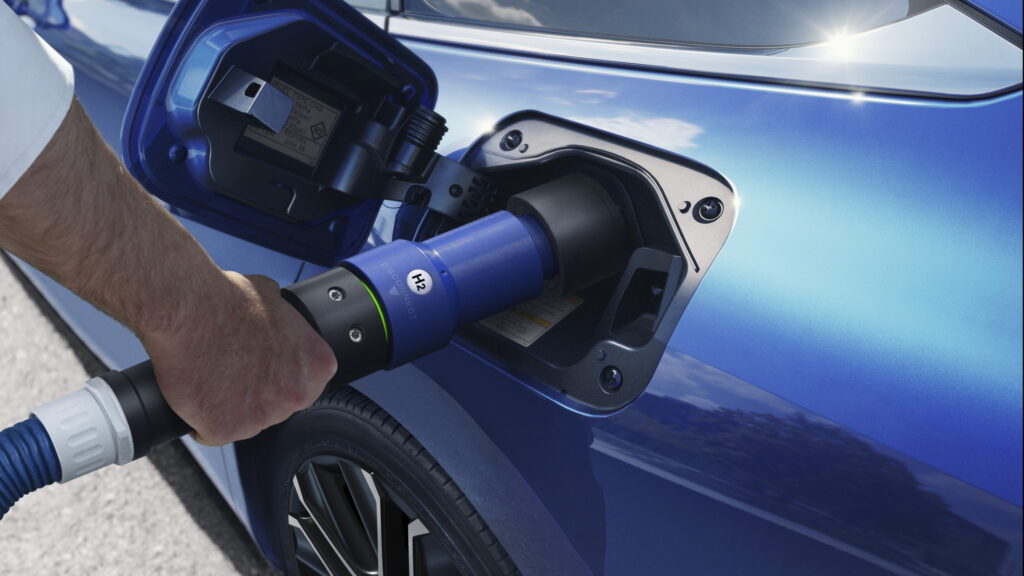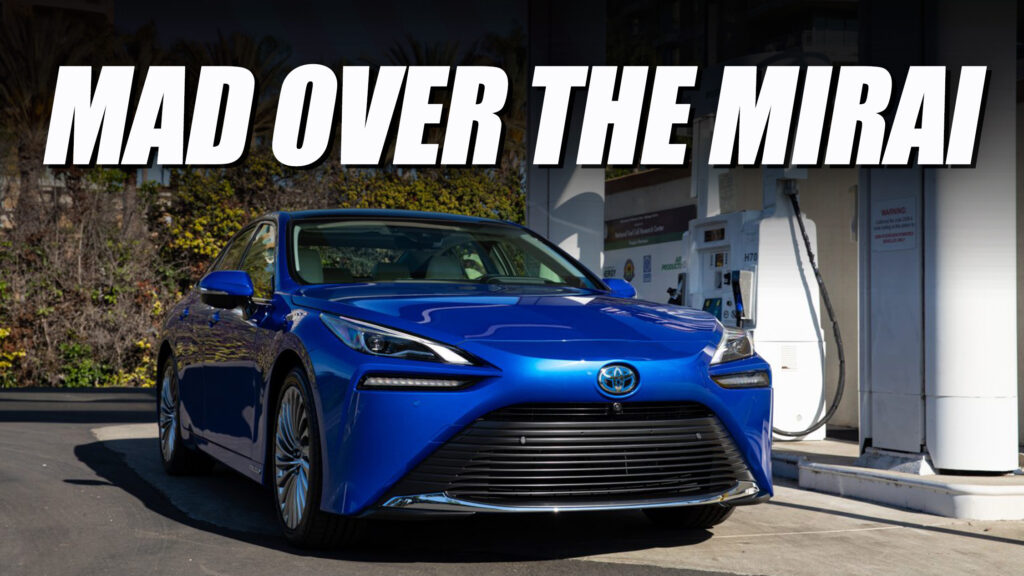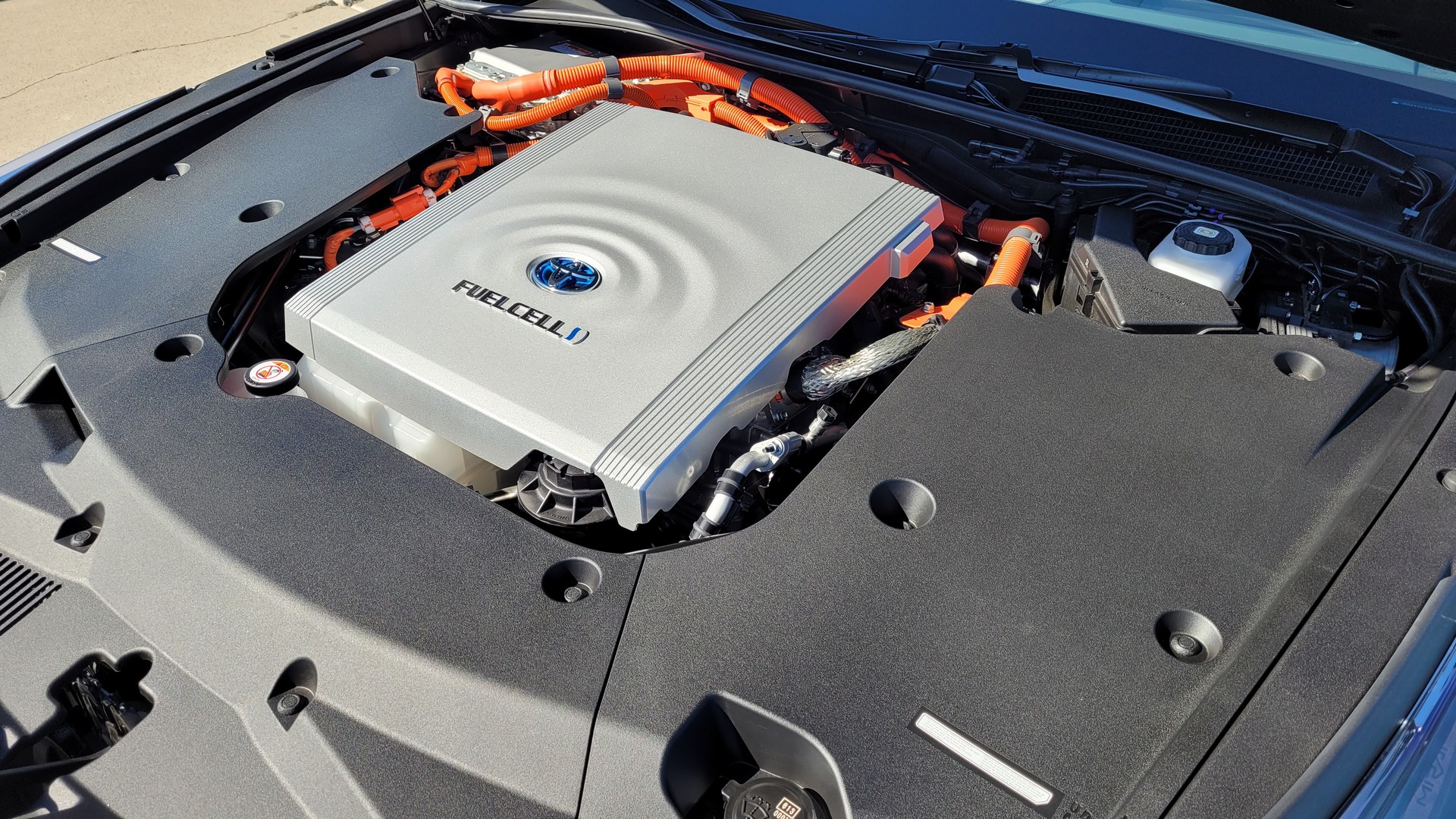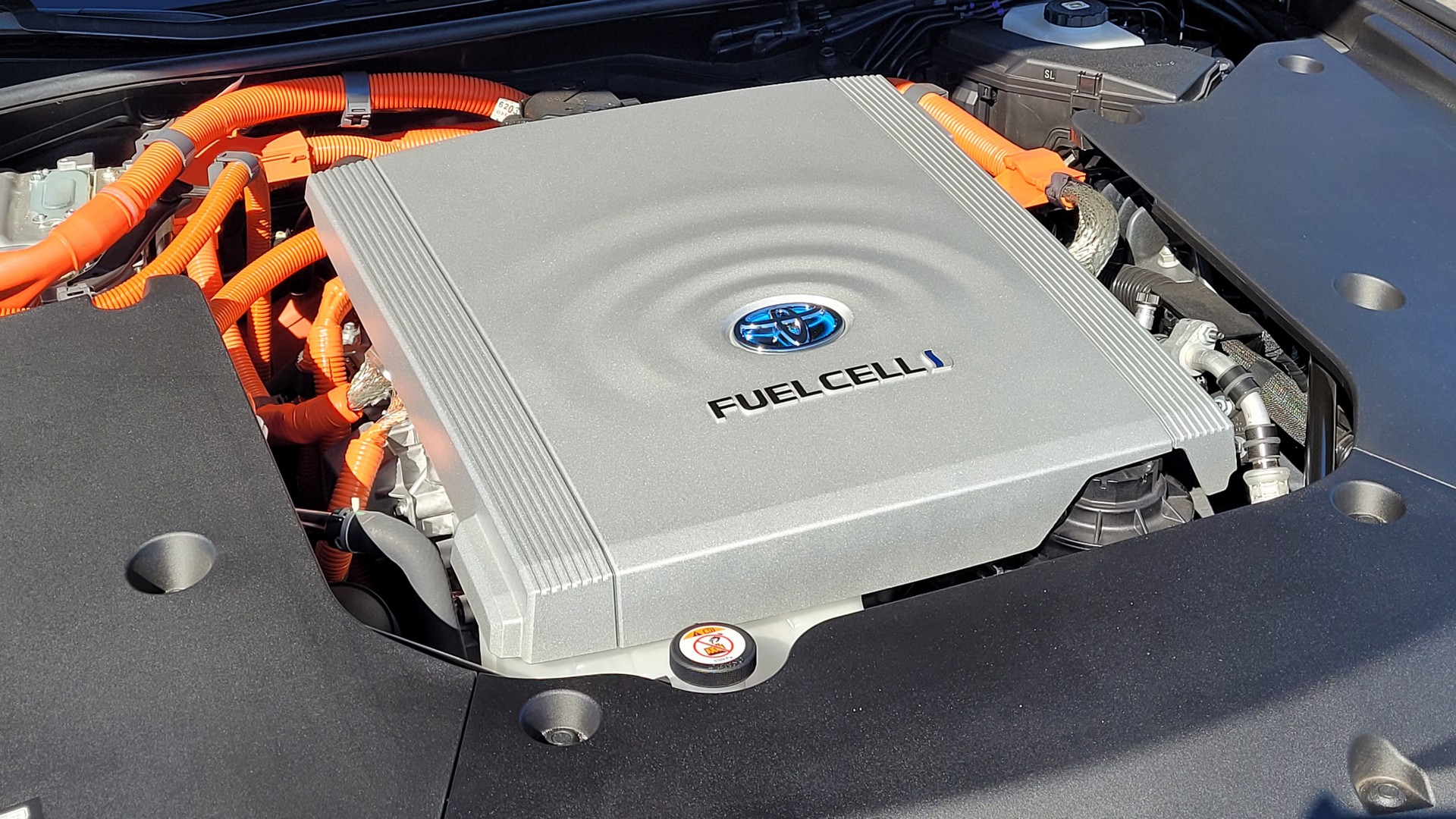- Toyota is the subject of a class action lawsuit that alleges it engaged in anticompetitive practices to monopolize the hydrogen fuel market for cars.
- The suit says Toyota tied owners of its hydrogen-powered Mirai to one supplier, First Element, by preventing other hydrogen suppliers from accessing the market.
- It also claims the often poor state of First Element fueling stations means Toyota breached the Mirai’s warranty terms.
Toyota is the target of a class action lawsuit that claims the automaker used anticompetitive business practices to monopolize the fuel market for hydrogen cars in California, resulting in drivers paying more to fill-up their Mirai FCEVs and millions of dollars of taxpayers money to be wasted on a hydrogen station that couldn’t operate.
The suit, brought by a group of California taxpayers, focuses on the story of a clean energy hydrogen fuel station built in 2010 by the California State University, Los Angeles, with a state government grant. Toyota is accused of retroactively imposing tough standards on the facility that prevented it from operating, despite it meeting all other state-mandated regulations.
Related: Frustrated Mirai Owners Sue Toyota Over Hydrogen Headaches
By allegedly using its influence to remove the station from the Hydrogen Fuel Cell Partnership website – which the plaintiffs’ legal team claim is “a quasi-governmental entity that is truly run by Toyota” – effectively blocking it from serving the public, Toyota not only stifled competition, but caused taxpayers money to be misused.
The University’s decision to make its clean hydrogen from water, not fossil fuels, which were the source for Toyota’s own preferred hydrogen, is one of the main reasons the automaker spent seven years keeping it out of the frame, the suit alleges.

Last month we reported how Mirai owners were suing Toyota for making misleading claims about the car’s usability. The plaintiffs cited the shortage of operational hydrogen stations and the increasingly high cost of hydrogen fuel, which has ballooned 200 percent in the last few years and means the $15,000 fuel card Toyota gave them as a purchase incentive claiming it would give them five years of free fuel doesn’t last anywhere near as long in reality.
They also complained that the the 357-mile (575 km) and 402-mile (647 km) range of the Toyota Mirai Limited and XLE were totally unrealistic and that it was common for the real range to be 100 miles (160 km) lower. All of those factors conspired to make a Mirai worth just 19 percent of its original value after five years, they say. Earlier this year, Toyota was offering a $40k discount on a $67k Mirai, making it almost as affordable as a Corolla.









